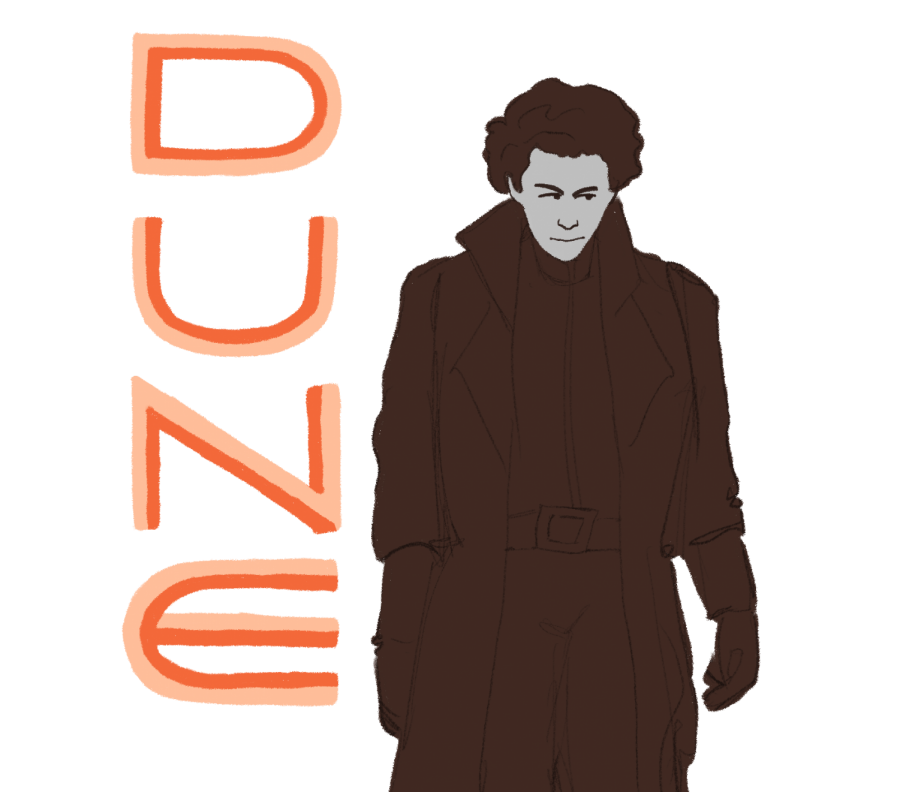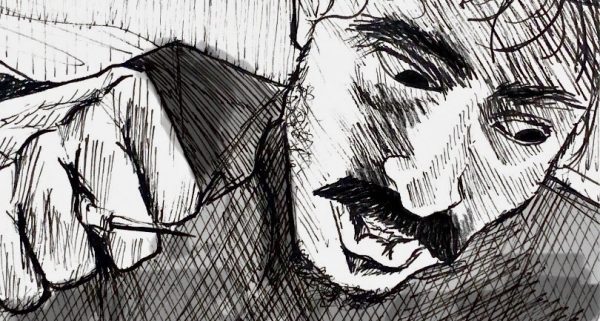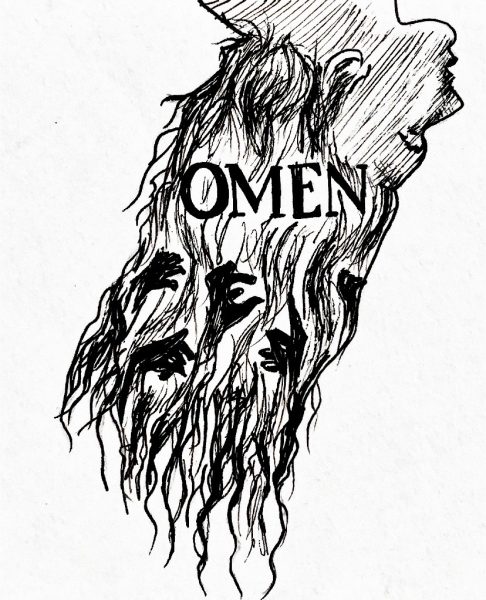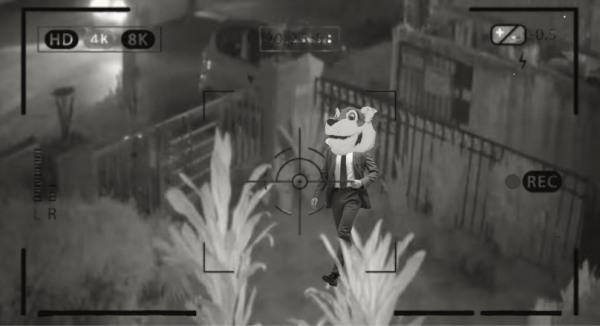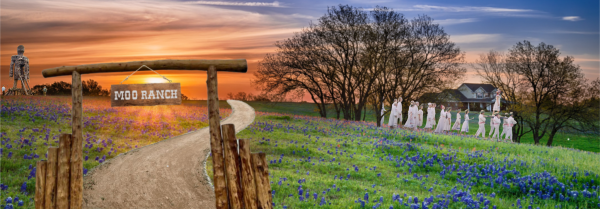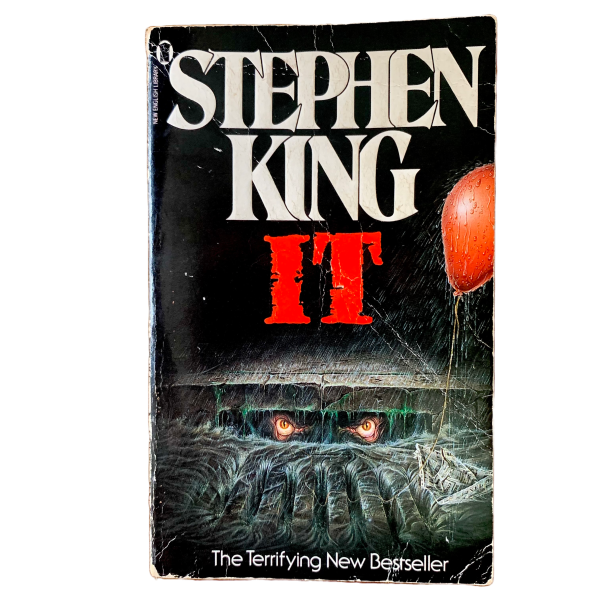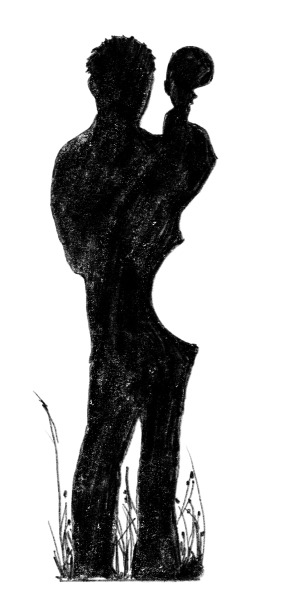Dune expertly blends cinematography and sound
“Dune: Part One” is the latest film from Denis Villeneuve, the filmmaker behind “Blade Runner 2049,” “Arrival” and “Incendies.” The first half of Villeneuve’s two-part adaptation of Frank Herbert’s classic novel “Dune,” The film stars Timothée Chalamet, Rebecca Ferguson, Oscar Isaac, Stellan Skarsgård, Jason Momoa, Josh Brolin, Javier Bardem, Dave Bautista and Zendaya. The story follows Paul of House Atreides as his family is thrust into a war for the perilous desert planet of Arrakis, a.k.a “Dune.”
Many people will be watching this film as fans of the source material. However, I went into the film as a fan of director Denis Villeneuve. I’ve watched all of his films from 2009 to 2021, and at the very worst, his films are still pretty great. What stands out to me is his versatility. He’s gone from melodramas (“Incendies”) to crime thrillers (“Prisoners” and “Sicario”) to psychological thrillers (“Enemy”) to science fiction (“Arrival,” “Blade Runner 2049” and “Dune: Part One”). Villeneuve has very distinct visions for whatever scripts he is given, and he manages to execute them fantastically; “Dune: Part One” is no exception.
One of the most striking elements of the film is the musical score by Hans Zimmer. Although his output is relatively hit-or-miss, he is still considered one of the best film composers in the industry due to his work on “Gladiator,” “The Lion King,” “The Dark Knight,” “Inception,” “Man of Steel,” “Interstellar” and “Blade Runner 2049.” His score for “Dune” is easily the best of 2021. It sounds so unique, and every track makes every planet and every House or group of people sound so different. Not only is the score fantastically composed, but Zimmer went all-out for this film. He made three different “Dune”-related albums for the film … and only one of them was actually the film’s score. He released “The Dune Sketchbook (Music from the Soundtrack),” the actual score and then “The Art and Soul of Dune (Companion Book Music).” From the insane amount of effort that Zimmer put into this film, it’s clear that this was a passion project for him; it turns out that he had actually turned down other projects (including Christopher Nolan’s “Tenet”) in order to work on “Dune,” as he was a big fan of the book. The intent is clear in the execution, as the score is absolutely beautiful, while also being haunting. It’s hard to describe, which is a pretty big compliment.
Another fantastic element of the film is the cinematography and how it meshes with the visual effects. The film was shot by Grieg Fraser, who worked on “Lion,” “Rogue One” and the upcoming “The Batman.” He was nominated for an Academy Award for “Lion” and won an Emmy for his and Baz Idoine’s work on the seventh episode of “The Mandalorian.” With “Dune: Part One,” every image feels like a painting. When watching this film in an IMAX theater (which is the best way to watch it, by the way), I kept feeling this intense feeling of wonder. With almost every shot, my mind was just like “holy sh**.” And again, the visual effects really add to the cinematography, both the digital and practical effects. A lot of the film is actually shot on intricately designed sets, and Villeneuve uses a lot of miniatures. But there are moments that had to be digital, such as the scenes involving the giant sandworm. Not only does the sandworm look great, but Fraser’s cinematography gives these scenes an appropriately epic scale. One scene involves Paul and his mother running through the desert while being pursued by a sandworm, and at one point, Paul stops in his tracks and stares at the creature in front of him. And in the shot, we see Paul as this small speck in the image, while the worm is something so much bigger than him. It’s a very powerful image (one of many), and just describing it like this isn’t doing it any justice.
However, the biggest problem that I have with the film is the story, which may sound pretty strange, especially for a movie that I love. For me, the film was more about the spectacle and worldbuilding more than anything, and all of that was fantastic. However, when you break down the film’s plot, it’s incredibly simple. That isn’t necessarily a problem, and I’m not trying to say that a simple plot can make or break a movie; “Ratatouille” for example is one of my all-time favorite movies, and its plot is pretty simple in terms of structure. If anything, I have to give the writers of the film a lot of credit for managing to stretch this simple story into a two-and-a-half-hour long film, especially considering that it didn’t bother me for at least two hours. But the last act was a bit of a drag, and it just led to a frustrating cliffhanger ending meant to lead into “Dune: Part Two” (which has thankfully been greenlit). It felt forced, but not enough to ruin the experience for me.
In short, “Dune: Part One” is one of the best films of 2021. Denis Villeneuve hit another home run, and I’m extremely excited for the sequel.
Rating: 9/10

Hey guys! My name is Om Dighe, and I'm an arts columnist specializing mainly in movies, television and video games. I'm from Spring, Texas, and I'm a...

I'm a senior Computer Science major and a Classical Studies minor from Newton, North Carolina with a passion for art. I also work at the Center for Experiential...

